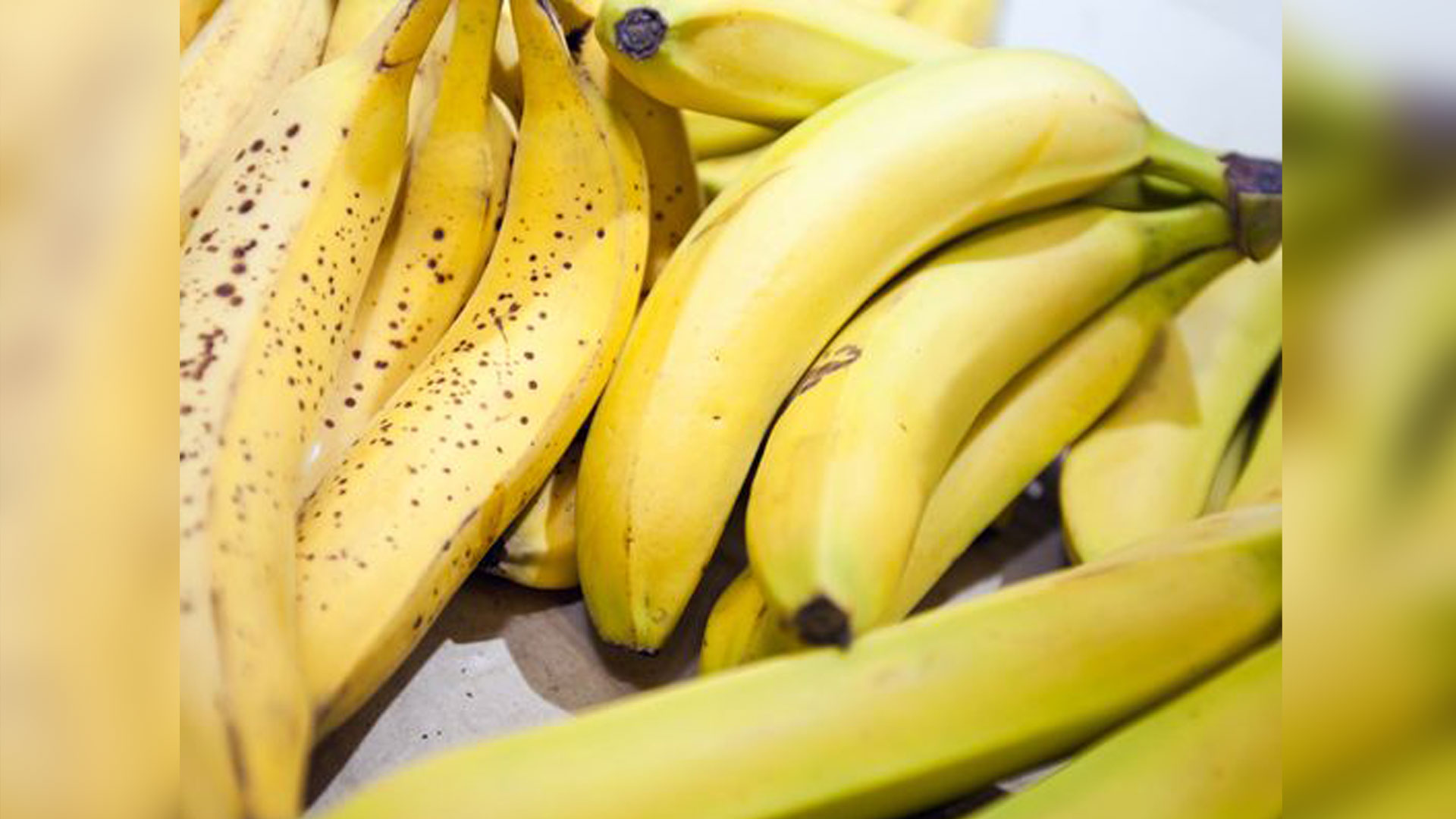A shopper had a nasty shock when hundreds of tiny spiders "flooded out" of a banana he had bought from the supermarket.
Declan King, 22, of Westhoughton, bought the bag from his local Tesco Express store — and now he says he will never eat bananas again.
He said: “I buy them every day and I usually give them to Bailey, my baby boy, so he could have eaten them. I’m put off bananas now.”
King, who suspects the spiders could be the deadly "Brazilian wandering spider" variety, took the bunch back to the store, but said staff there just wanted to take them back and give him money to cover the cost of the pack.
He said: “They weren’t bothered, they didn’t even check any of the other packs of bananas for other spiders.”
King, who is single, then took the infested pack, which originated in Cameroon, to Tesco’s Farnworth store, where staff wrapped them in carrier bags and sent them to Tesco’s head office for testing.
Tesco has told King it will let him know of the results of the tests within 14 days.
King had already eaten two bananas from the pack he bought on Thursday morning and only discovered the spiders after peeling the third.
He then put the bunch inside a plastic box, where the spiders started building a web.
Brazilian wandering spiders, which are also known as banana spiders, have been found in bananas from Cameroon in British supermarkets before. Their bite can be serious and even occasionally fatal.
A Tesco spokesman said: “We sell millions of bananas every week and our growers work hard to clean and inspect all the fruit carefully. However, given the freshness of our produce, this sort thing can happen on very rare occasions. We will update Mr. King on the findings of our investigation.”
According to Tesco, no further complaints have been made about the batch, the shelves have been checked and there was no evidence of any other bananas being affected.
Both the Westhoughton and Farnworth stores refused to comment on the incident.Westhoughton and Farnworth stores refused to comment on the incident.
{"version":"1.0","author_url":"https://www.youtube.com/user/EpicToolTime","html":"\n&#lt;div class=\"noembed-embed \"&#gt;\n &#lt;div class=\"noembed-wrapper\"&#gt;\n \n&#lt;div class=\"noembed-embed-inner noembed-youtube\"&#gt;\n \n&#lt;iframe width=\" 480\" height=\"270\" src=\"https://www.youtube.com/embed/pQYWBmk_V2g?feature=oembed\" frameborder=\"0\" allowfullscreen=\"allowfullscreen\"&#gt;&#lt;/iframe&#gt;\n\n&#lt;/div&#gt;\n\n &#lt;table class=\"noembed-meta-info\"&#gt;\n &#lt;tr&#gt;\n &#lt;td&#gt;YouTube&#lt;/td&#gt;\n &#lt;td align=\"right\"&#gt;\n &#lt;a title=\"https://www.youtube.com/watch?v=pQYWBmk_V2g\" href=\"https://www.youtube.com/watch?v=pQYWBmk_V2g\"&#gt;https://www.youtube.com/watch?v=pQYWBmk_V2g&#lt;/a&#gt;\n &#lt;/td&#gt;\n &#lt;/tr&#gt;\n &#lt;/table&#gt;\n &#lt;/div&#gt;\n&#lt;/div&#gt;\n","title":"World's Most Deadly Spider - Brazilian Wandering Spider","thumbnail_url":"https://i.ytimg.com/vi/pQYWBmk_V2g/hqdefault.jpg","thumbnail_height":360,"provider_name":"YouTube","height":270,"type":"video","url":"https://www.youtube.com/watch?v=pQYWBmk_V2g","author_name":"Epic Wildlife","provider_url":"https://www.youtube.com/","thumbnail_width":480,"width":480}
About the Brazilian Wandering Spider
- The Brazilian Wandering Spider is nocturnal and its leg span can grow to up to five inches long.
- It holds the Guinness World Record for being the most venomous spider in the world.
- Its venom can cause swelling, paralysis, heart attacks and death from asphyxiation.
- Its Greek name, Phoneutria, translates as "murderess."
- They are most commonly seen in South America and Africa and are often found hiding in houses and cars looking for a dark place to stay during the day.
- Aside from causing intense pain, the venom of the spider can also cause priapism in males — with erections lasting up to four hours.


